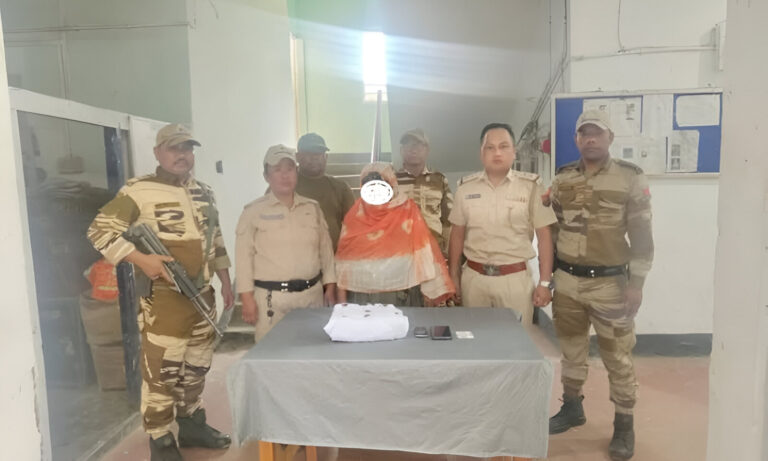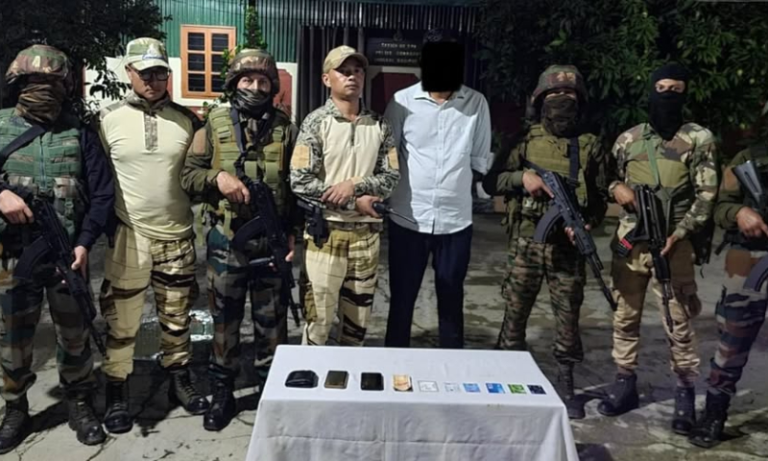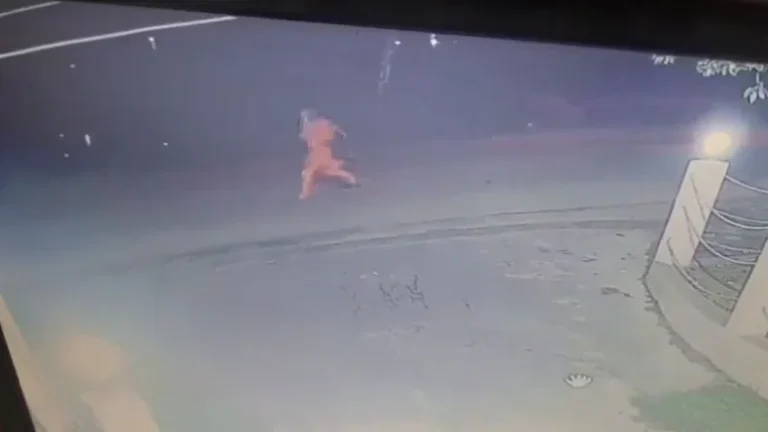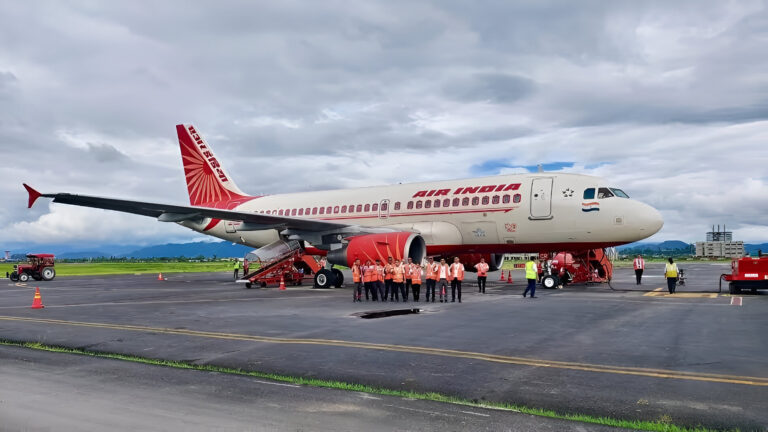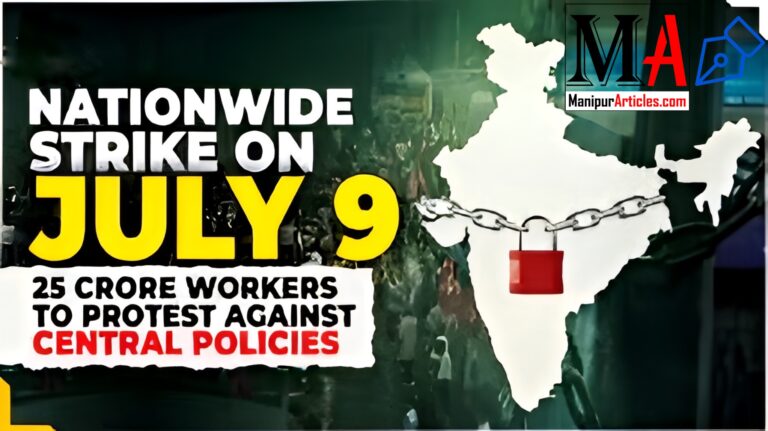CPI’s Protest Demands Discussions on Adani Scandal and Manipur Violence
The Communist Party of India (CPI) has been actively protesting in the Indian Parliament, calling for urgent discussions on the Adani scandal and the ongoing violence in Manipur. The party has raised concerns over the alleged corruption involving Adani Group, which they claim has been shielded by the current government. Additionally, the CPI has demanded that Parliament address the humanitarian crisis in Manipur, where ethnic violence has claimed over 250 lives
This protest comes amid a deadlock in Parliament, where opposition members, including CPI leaders, have continuously sought discussions on these critical issues. The government, however, has been reluctant to allow a debate on the Adani case, leading to growing tensions between the ruling BJP and opposition parties
.
Summary of the Protest
CPI’s protest has centered around two significant issues: the Adani scandal and the violence in Manipur. The party has been vocal in its demand for a joint parliamentary committee (JPC) to probe allegations against Adani, especially in light of bribery accusations and ties to influential figures. Regarding Manipur, the CPI has been calling for greater attention to the ongoing ethnic clashes that have left hundreds dead and displaced many more
This protest highlights the opposition’s frustrations with the government’s reluctance to engage with these pressing matters, which they argue are critical for the country’s democratic functioning.
A Deep Dive into the Issues at Hand
The Adani Scandal: A Fight for Accountability
The Adani Group has been a focal point of contention, with opposition parties alleging corruption and crony capitalism. The CPI and other opposition leaders have accused Prime Minister Narendra Modi’s government of protecting Adani, with some even suggesting a deep connection between the two
The protests demand a thorough investigation, including a JPC probe, to uncover any potential misconduct related to the billionaire industrialist.
But why has this become such a hot-button issue? Many argue that the alleged financial dealings involving Adani have been clouded in secrecy, and the lack of transparency has fueled suspicions. The opposition insists that no discussion on Adani has been allowed in Parliament, sparking the current standoff
.
Manipur Violence: A Humanitarian Crisis
The violence in Manipur is another key point of contention. Over 250 lives have been lost, and the region has witnessed mass displacement, as ethnic tensions between the Meitei and Kuki groups have spiraled out of control. Opposition leaders are calling for the government to take immediate action to restore peace and ensure the safety of the people in the region. They have raised concerns about the government’s handling of the situation, urging them to address the issue head-on in Parliament
.
The Political Landscape: A Stalemate
With both the opposition and ruling parties refusing to back down, Parliament has been in a deadlock. The CPI, along with other opposition parties like Congress, has been at the forefront of these protests, chanting slogans such as “We want justice”
. The government, on the other hand, has accused the opposition of obstructing the functioning of the House by raising these issues continuously.
However, the protests are not just about creating chaos in the Parliament; they’re a call for transparency and accountability. The opposition argues that unless these issues are addressed, they cannot move forward with regular legislative work. In fact, during one of the protests, Congress MP Kiran Kumar Chamala clarified that the opposition is not trying to disrupt the House, but only demanding discussions on these vital matters
.
The Bigger Picture: Political Implications
At its core, these protests are not just about specific issues but also about political strategy. With the 2024 general elections on the horizon, these protests highlight the growing divide between the government and opposition, particularly on issues of governance, corruption, and human rights. The CPI, along with other opposition parties, hopes that by keeping these issues in the public eye, they can rally support and shift the narrative ahead of the elections.
Conclusion: What’s at Stake?
The protests by the CPI and other opposition groups serve as a stark reminder of the political tensions that have been brewing in India. The Adani scandal and the violence in Manipur are not just local issues but have become symbolic of larger questions about governance, accountability, and the role of the ruling party in addressing crises. The ongoing deadlock in Parliament reflects how deeply divided the country is over these issues.
As the protests continue, it’s clear that the demand for transparency and justice will not fade quickly. The government, on the other hand, will have to decide whether to address these concerns in a meaningful way or risk further alienating the opposition and the public.
FAQs
- What is the Adani scandal about? The Adani scandal revolves around allegations of corruption and crony capitalism, with accusations that the Modi government has been protecting the Adani Group despite controversial financial dealings.
- Why is the CPI protesting in Parliament? The CPI is demanding discussions on two critical issues: the Adani scandal and the violence in Manipur. They are calling for transparency and accountability from the government on these matters.
- What is the situation in Manipur? Manipur has been experiencing severe ethnic violence between the Meitei and Kuki groups, resulting in over 250 deaths and mass displacement. The opposition is demanding that the government take urgent action to address the crisis.
- Why are these protests important? These protests highlight the opposition’s demand for accountability and transparency, particularly in relation to the Adani Group and the ongoing violence in Manipur. It’s a call for the government to engage in meaningful discussions on these issues.
- How has the government responded to the protests? The government has accused the opposition of trying to disrupt the functioning of Parliament. They have been resistant to discussions on the Adani issue, while also pointing to opposition tactics as distractions from the legislative agenda.

